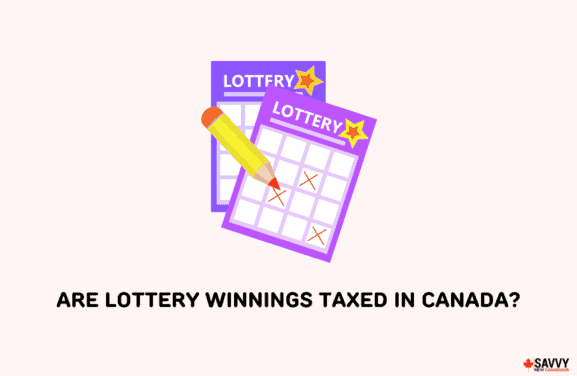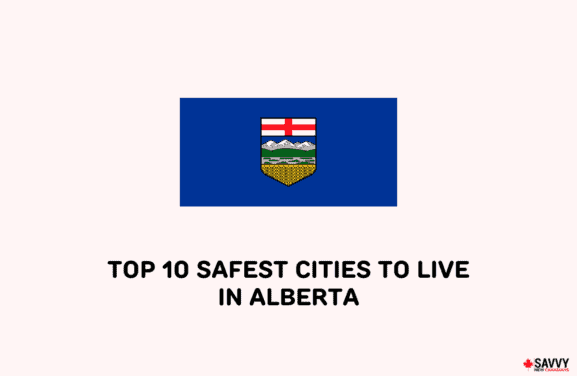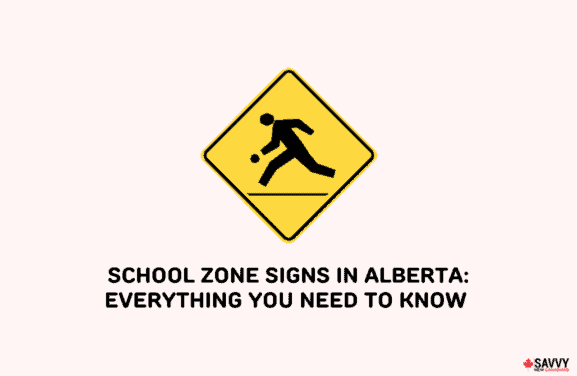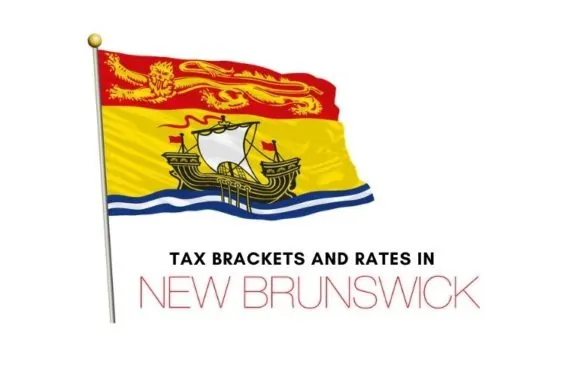The new Canadian Dental Care Plan (CDCP) is a federally funded program that offers free dental coverage to eligible Canadian residents.
Projected to alleviate oral healthcare expenses for over nine million low to middle-income Canadians with no dental insurance, the CDCP will cover a percentage or the entirety of your oral healthcare service costs, depending on your adjusted family net income.
This article covers everything you need to know about Canada’s new dental care program, including all its eligibility requirements and coverage.
Key Takeaways
- The CDCP covers most basic and major dental services, provided that they are recommended by oral health care providers to you.
- Only Canadian residents who are not covered by dental insurance and whose adjusted family net income is less than $90,000 annually are covered by the CDCP.
- CDCP can cover 100% of the dental care expenses of families earning less than $70,000 annually. However, families earning between $80,000 and $89,999 can only have 40% of their oral health care costs covered.
The New Dental Care Program in Canada – An Overview
The new dental care program in Canada aims to ease the financial burdens of oral health care for eligible Canadian residents who lack dental insurance and fall within the income thresholds of the program.
Beginning in December 2023, the CDCP will roll out its applications in phases, prioritizing seniors and children in 2024 and extending to all remaining eligible residents in 2025.
What’s Covered Under the Canadian Dental Care Plan
The Canadian Dental Care Program will cover a wide array of dental services that are necessary to either maintain the current health of your gums and teeth or prevent/treat oral diseases and issues.
When recommended by oral health care providers, these are some of the examples of oral services that can be covered under the CDCP:
- Preventive and diagnostic services include exams, x-rays, cleaning, and sealants.
- Basic services like oral fillings, cavity treatments, root canal treatments, and procedures to reduce infection.
- Major services include complete dentures, repairs to crowns, and surgeries for jaw bone fractures.
- Sedation services cover minimal sedation to general anesthesia.
Note: Some services will need preauthorization for them to be covered under the CDCP.
Payment Tier Structure for the Canadian Dental Care Plan
CDCP can either partially or completely cover the costs of eligible oral care services, depending on your adjusted family net income.
The table below illustrates how the co-payment structure may work depending on how much your family is earning.
| Your family’s net income (adjusted) | How much the CDCP will cover | How much you must cover |
| $70,000 or lower | 100% of eligible dental care expenses (at the CDCP established fees) | 0% of CDCP’s established fees |
| Between $70,000 and $79,999 | 60% of eligible dental care expenses (at the CDCP established fees) | 40% of CDCP’s established fees |
| Between $80,000 and $89,999 | 40% of eligible dental care expenses (at the CDCP established fees) | 60% of CDCP’s established fees |
Note: Some oral health care providers charge more than the CDCP established fees, which may require you to pay additional charges.
Eligibility for the Canadian Dental Care Plan
Only those who meet all of these requirements are eligible for the Canadian Dental Care Plan:
- You’re not currently covered by dental insurance
- Your adjusted family net income is less than $90,000
- You’re a Canadian resident (for tax purposes)
- You’ve filed your last year’s tax return
Note: Those who already have dental coverage through the government’s social programs may still be eligible for the CDCP, provided that they meet all the other eligibility criteria.
This is When You Can Apply
The application schedule for the CDCP spans from December 2023 to 2025. The table below details exactly when specific demographic groups can apply for the program.
| Group | When Applications Open |
| Seniors older than 86 years old | From December 2023 |
| Seniors between the ages of 77 and 86 | From January 2024 |
| Seniors between the ages of 72 and 76 | From February 2024 |
| Seniors between the ages of 70 and 71 | From March 2024 |
| Seniors between the ages of 65 and 69 | From May 2024 |
| Adults with a Disability Tax Credit certificate | From June 2024 |
| Individuals younger than 18 years old | From June 2024 |
| All remaining Canadian residents who are still eligible | Starting 2025 |
Federal Dental Plan for Seniors
At the time of writing and until May 2024, only seniors who meet the specific age requirements are eligible to apply for the Canada Dental Care Program. Seniors can apply for the program personally, through a delegate, or with the help of a trusted person.
Canada Dental Benefit for Adults
The Canada Dental Benefit, which was launched in December 2022, assists parents and guardians who earn less than $90,000 annually in covering dental expenses for their children under 12 years old.
Depending on their families’ adjusted net income, adults can receive $260, $390, or $650 from this benefit as a tax-free payment for each eligible child.
Note: Adults can apply for up to 2 CDB payments per child.
Related:



